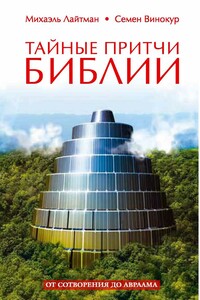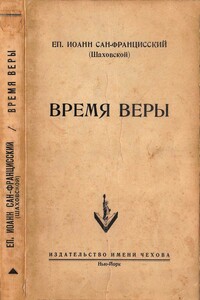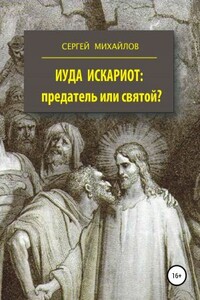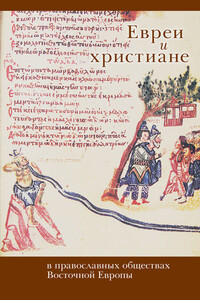Kelemen, D.
1999 “Beliefs about Purpose: On the Origins of Teleological Thought.” In M. Corballis and S. Lea (eds.), The Descent of Mind, Oxford: Oxford University Press, 278‑294.
2004 “Are Children ‘Intuitive Theists’? Reasoning about Purpose and Design in Nature.” Psychological Science 15:295‑301.
Kelemen, D., and C. DiYanni
2005 “Intuitions about Origins: Purpose and Intelligent Design in Children’s Reasoning about Nature.” Journal of Cognition and Development 6(1):29‑31.
Keller, J.D., and F.K. Lehman
1993 “Computational Complexity in the Cognitive Modeling of Cosmological Ideas.” In Boyer 1993a:74‑92.
Ketola, K.
2004 “The Hare Krishna and the Counterculture in the Light of the Theory of Divergent Modes of Religiosity.” Method and Theory in the Study of Religion 16(3):301‑320.
Lakoff, G.
1987 Women, Fire, and Dangerous Things: What Categories Reveal about the Mind. London: University of Chicago Press.
Lakoff, G., and M. Johnson
1980 Metaphors We Live By. London: University of Chicago Press.
Lawson, E.T., and R.N. McCauley
1990 Rethinking Religion: Connecting Cognition and Culture. Cambridge: Cambridge University Press.
2002 “The Cognitive Representation of Religious Ritual Form: A Theory of Participants’ Competence with Religious Ritual Systems.” In Pyysiäinen and Anttonen 2002:153‑176.
Lienhard, P., and P. Boyer
under review “Why cultural rituals? A cultural selection model of ritualized behaviour”.
Lisdorf, A.
2004 “The Spread of Non-natural Concepts: Evidence from the Roman Prodigy Lists”. The Journal of Cognition and Culture 4(1):151‑173.
Malley, B.
1995 “Explaining Order in Religious Systems”. Method and Theory in the Study of Religion (1):5‑22.
1997 “Causal Holism in the Evolution of Religious Ideas: A reply to Pascal Boyer.” Method and Theory in the Study of Religion 9(4):389‑99.
Martin, L.H.
2004a “Towards a Cognitive History of Religions”. In C. Kleine, M. Schrimpf, and K. Triplett (eds.), Unterwegs: Neue Pfade in der Religionswissenschaft / Festschrift für Michael Pye zum 65. Geburtstag, Munich: Biblion Verlag, 75‑82.
2004b “The Cognitive Science of Religion”. Method and Theory in the Study of Religion 16(3):201‑204.
McCauley, R.N.
2001 “Ritual Memory and Emotion: Comparing Two Cognitive Hypotheses.” In J. Andresen (ed.), Religion in Mind: Cognitive Perspectives on Religious Experience, Cambridge: Cambridge University Press, 115‑140.
McCauley, R.N., and E.T. Lawson
2002 Bringing Ritual to Mind: Psychological Foundations of Cultural Forms. Cambridge: Cambridge University Press.
Paden, W.E.
2004 “Comparative Religion and the Whitehouse Project: Connections and Compatibilities?” Method and Theory in the Study of Religion 16(3):256‑265.
Pyysiäinen, I.
2001 How Religion Works: Towards a New Cognitive Science of Religion. Leiden: Brill.
2002 “Religion and the Counter-Intuitive.” In I. Pyysiäinen and V. Anttonen 2002:111‑133.
2004 Magic, Miracles and Religion: A Scientist’s Perspective. Walnut Creek, CA: AltaMira Press.
Pyysiäinen, I., and V. Anttonen
2002 (eds.) Current Approaches in the Cognitive Study of Religion. London: Continuum.
Rosengren, K.S., C.N. Johnson, and P.L. Harris
2000 Imagining the Impossible: Magical, Scientific, and Religious Thinking in Children. Cambridge: Cambridge University Press.
Sjöblom, T.
2000 Early Irish Taboos: A Study in Cognitive History. Helsinki: Comparative Religion 5: University of Helsinki, Department of Comparative Religion.
Slone, J.
2004 Theological Incorrectness: Why Religious People Believe What They Shouldn’t. Oxford: Oxford University Press.
Sørensen, J.
2000a “Theosophy: Metaphors of the Subject.” Temenos 35‑36:225‑248.
2000b “Essence, Schema and Ritual Actions: Towards a Cognitive Theory of Magic”. Ph.D. dissertation, University of Aarhus.
2002 “‘The Morphology and Function of Magic’ Revisited”. In Pyysiäinen and Anttonen 2002:177‑202.
2004 “Religion, Evolution and an Immunology of Cultural Systems”. Evolution and Cognition 10(1):61‑73.
forthcoming (a) A Cognitive Theory of Magic. Walnut Creek, CA: AltaMira Press.
forthcoming (b) “Acts that work: Cognitive aspects of ritual agency.”



